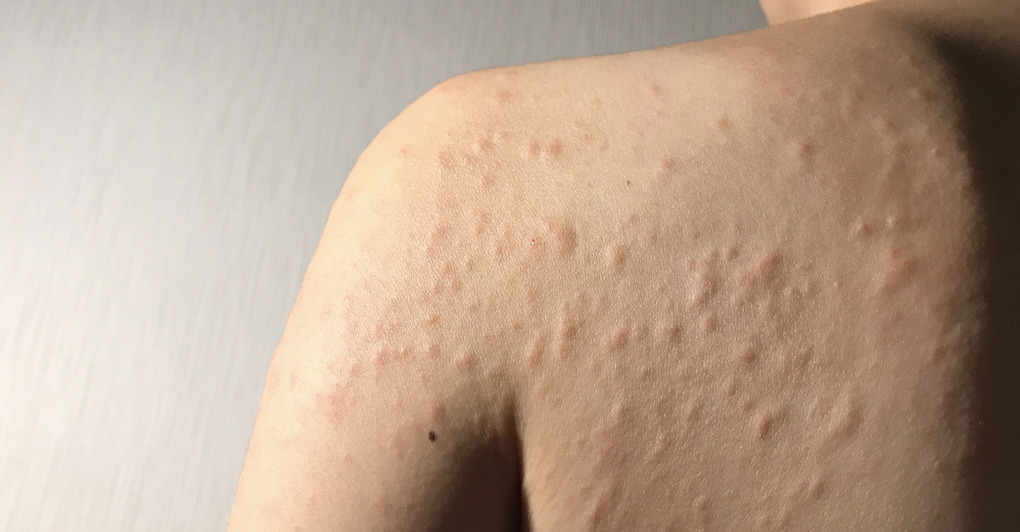Skin allergies can manifest in various ways, causing discomfort and frustration for those affected. Understanding the symptoms and seeking the expertise of the best dermatologist in Udaipur can be crucial in managing and treating these conditions effectively.
What are Skin Allergies?
Skin allergies are immune system responses to substances that come into contact with the skin. These substances, known as allergens, can trigger a range of reactions, from mild redness and itching to more severe conditions. Recognizing the symptoms early is key to effective management.
Common Symptoms of Skin Allergies
- Itching and Redness: One of the earliest signs of a skin allergy is itching. The affected area may also exhibit redness, indicating an inflammatory response. It’s essential not to ignore persistent itching, as continuous scratching can worsen the condition.
- Rashes: Allergic reactions often result in the development of rashes. These can vary from small, raised bumps to larger, inflamed areas. The pattern and appearance of the rash can provide valuable clues about the specific allergen responsible.
- Swelling: Swelling, or edema, may occur in response to certain allergens. This is particularly common in areas where the skin is thinner, such as around the eyes or on the lips. Severe swelling can interfere with normal functioning and may require immediate medical attention.
- Dry, Cracked Skin: Prolonged exposure to allergens can lead to dry and cracked skin. This not only exacerbates discomfort but also increases the risk of secondary infections. Moisturizing the skin regularly can help alleviate this symptom.
- Blisters: In some cases, skin allergies can cause the formation of blisters filled with fluid. These blisters can be itchy and may rupture, leading to increased vulnerability to infections.
Identifying Common Allergens
Understanding the common allergens that trigger skin reactions is crucial. While the specific allergen can vary from person to person, some common culprits include:
- Cosmetics and Personal Care Products: Ingredients in skincare and cosmetic products can cause allergic reactions. It’s essential to patch-test new products before regular use.
- Certain Fabrics: Some individuals may be allergic to certain fabrics or dyes used in clothing. Opting for hypoallergenic materials can help reduce the risk of skin reactions.
- Fragrances: Fragrances in perfumes, detergents, and other products can be potent allergens. Choosing fragrance-free alternatives may be beneficial for those prone to skin allergies.
- Medications: Certain medications, both topical and oral, can trigger allergic reactions. Always inform your healthcare provider about any previous allergic reactions before starting a new medication.
Consulting the Best Dermatologist in Udaipur
If you’re experiencing persistent or severe skin allergy symptoms, seeking the expertise of the best skin allergy doctor in Udaipur is crucial. A dermatologist can conduct allergy testing to identify specific triggers and recommend a personalized treatment plan.
Preventing Skin Allergies
Prevention plays a crucial role in managing skin allergies. Here are some practical tips:
- Patch Testing: Before using new skincare or cosmetic products, perform a patch test to check for any adverse reactions.
- Clothing Choices: Opt for loose-fitting, breathable clothing made from hypoallergenic materials to minimize skin irritation.
- Allergen Avoidance: Identify and avoid specific allergens whenever possible. This may involve adjustments to your environment, diet, or skincare routine.
- Regular Moisturizing: Keeping the skin moisturized can help prevent dryness and reduce the risk of allergic reactions.
Conclusion
In conclusion, understanding and recognizing the symptoms of skin allergies are crucial steps in effective management. By consulting the best dermatologist in Udaipur, you can receive expert guidance on identifying triggers and developing a tailored treatment plan. Taking proactive steps to prevent exposure to known allergens can significantly improve your skin health and overall well-being.



